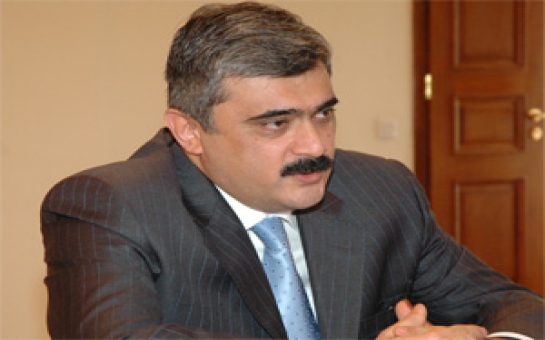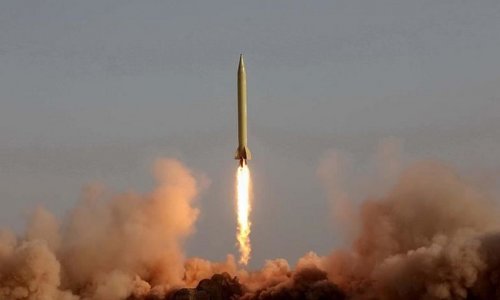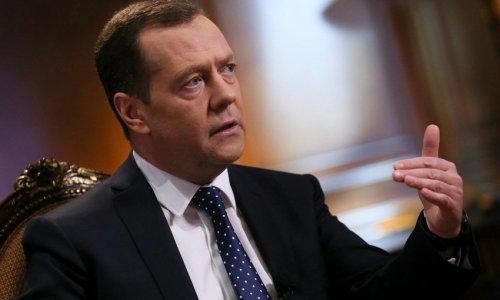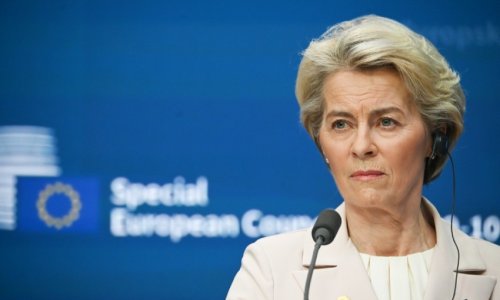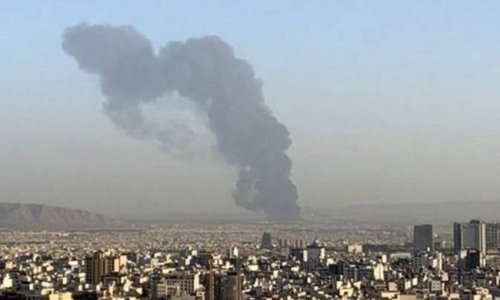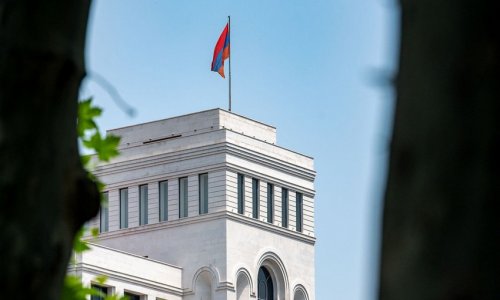Ildrym
When the chairman of the Caucasus Muslims Department, Sheikh ul-Islam Allahshukur Pashazade says about a new increase in the cost of sending people to the pilgrimage to Mecca, which has become a traditional rise, most of the population of Azerbaijan shows virtually no adverse reaction. Whatever are the arguments quoted by Sheikh ul-Islam, which mainly relate to protocols signed by the CMD with the Saudi Kingdom's Ministry of Hajj, we all understand that the pilgrimage's strictly voluntary and people can either accept the price increases and the new rules of the game called the "purification of the soul and thoughts", or reject them.
But when the topic of conversation on the possibility of increasing tariffs on electricity consumption is thrown by the Finance Minister, we agree that the situation is different. Consumers of electricity are all of us, and we all understand that if such statements are made by a member of the Azerbaijani government, then surely this government either has already made a clear view on the topic and the rate increase is still expected, or the matter is still under consideration by the relevant government agencies, and, based on the practice of previous years, the tariff increase is again expected. In any case, the word was said and began swirling in the community and it promises no good to us, the consumers, even despite the fact that local media have already contacted the Tariff (Price) Council of Azerbaijan, where clear assurances were made that the issue of increasing utility and energy rates is not considered at this body. Should we believe in this kind of assurance? Do not we remember that the previous enhancements over tariffs by the Tariff (Price) Council of Azerbaijan were preceded by similar statements, which denied everything and everyone, and swore that the question was not only considered, but in general would not be on the agenda in the near future? And then we suddenly knew the decision of the Council to raise the tariffs, supported by a governmental order and the new rates. That was all. Everyone agreed...
In connection with the situation I would like to ask the Minister of Finance of Azerbaijan, Samir Sharifov a few questions.
1. Do not you think that when a minister of your level voices inaccurate information so that he does not rule out a future increase in utility rates and considers this increase natural, and thus does not specify the timing or the precise dimensions of the possible increase, the statement itself looks, at least, frivolous?
2. Mr. Minister, in your statement you say that the increase in utility tariffs can not be treated as an emergency and thus you refer to the growth of salaries and pensions in the country. What do you think, in this case can be attributed to emergency in the tariff policy of the government?
3. When you said that the recent increase in the tariffs of public services took place in Azerbaijan 7 years ago - in 2007, does that mean that you just forgot about the decision of the Tariff (Price) Council of Azerbaijan to increase fees for collection and removal of solid wastes in November 2011? Did you also not notice the fact that from 1 December 2011 the price assigned for 1 cubic meter of hot water for the population became 40 kopecks, and for other user groups - 1.5 manats per 1 cubic meter? And do you think these services do not belong to the list of public ones and have direct influence on the daily life of ordinary citizens?
4. Mr. Minister, I would like to know your attitude to the absolute values of numbers that reveal certain percentages. For example, you said that "since 2007 the minimum wage in the country increased by 2.6 times and the basic pension grew by 2.5 times. Also in 2007 there were 7 decisions to raise the minimum wage, and 6 decisions to raise the basic pension - it's just statistics. "Did you know that when the State Social Protection Fund of Azerbaijan reported to have been committed to the decree of Azerbaijani President Ilham Aliyev of September 1 on 17.6 per cent increase in the basic part of the pension, in absolute terms, it only meant that the growth would be from 85 to 100 manats a month?
5. Why, in your opinion, does the law on the declaration of income not work in Azerbaijan? Let's explain the issue. Speaking about the possible increase in utility rates, you noted that "the public services are also used by rich people, who have the ability to pay high tariffs, but enjoy low rates set for the impoverished population. Through the provision of targeted social assistance we solve this problem," you said. But how to distinguish the poor from the rich, if the country has no working law on the declaration of income? Would it be correct to conclude that poor categories of people should include all those, who use targeted social assistance, and those who do not, are automatically ranked in the category of wealthy citizens? Can you name any country in the world, where citizens are divided into rich and poor on the basis of the same scheme you mentioned? Has this been copied from international practice or is it purely Azerbaijan's experience in social policy, which has no analogues in the world?
6. Mr. Minister, you are a public person and because of this we allow ourselves to ask you a few personal questions. Did you try to live on the average salary of employees in the public sector in Baku for a month? ... No, this is not about state people, we are talking about the people, whose salaries are formed on a unified monthly pay scale of official (tariffs) salaries, which are funded from the state budget. So, if you tried to live on the average salary of employees in the public sector in Baku for a month, would you at the same time positively perceive another statement of the Azerbaijani minister of the need to increase utility rates?
ANN.Az

